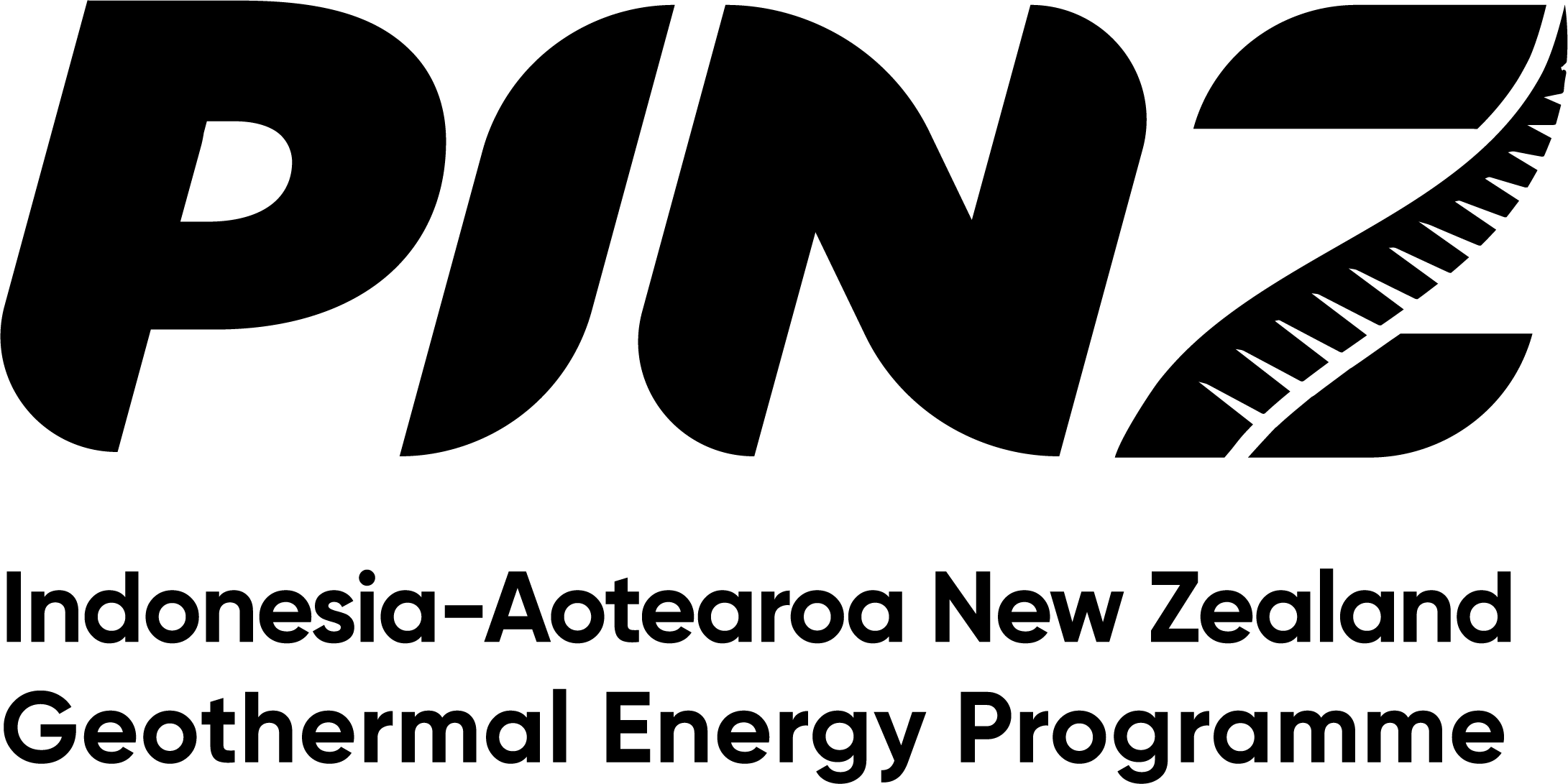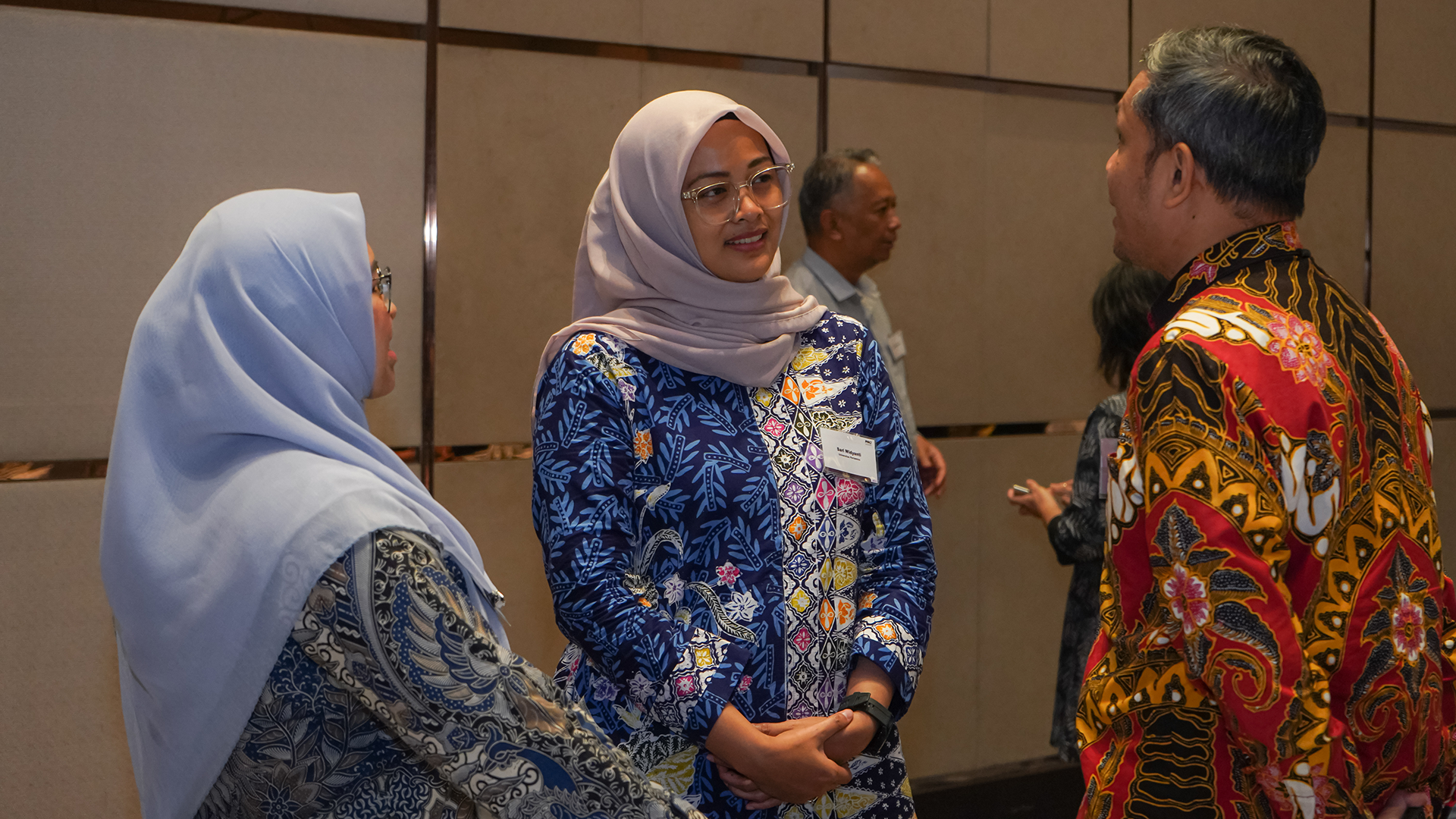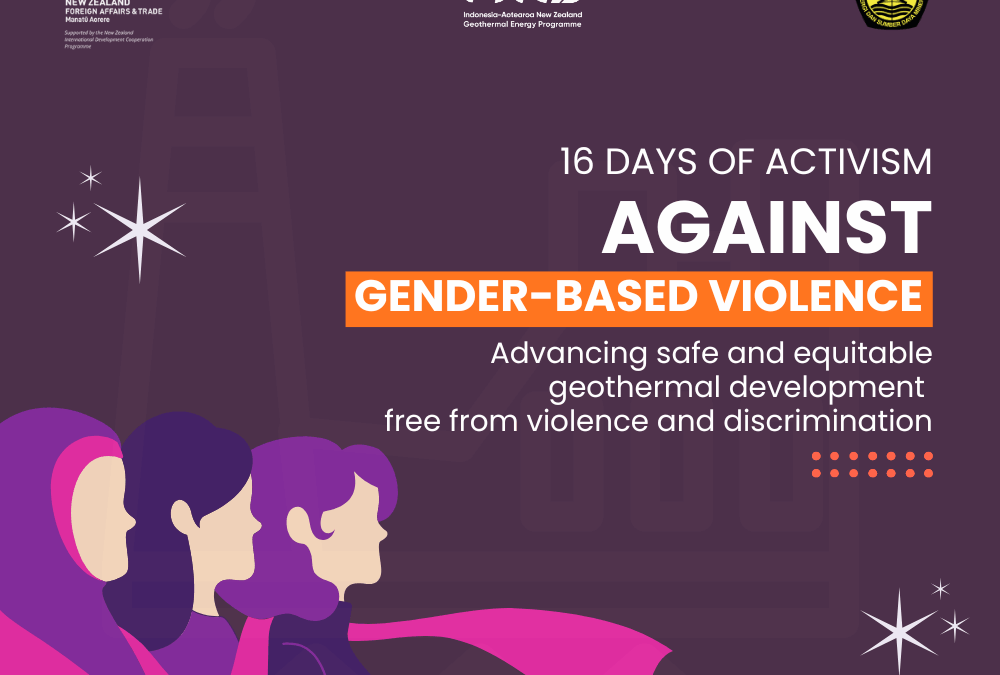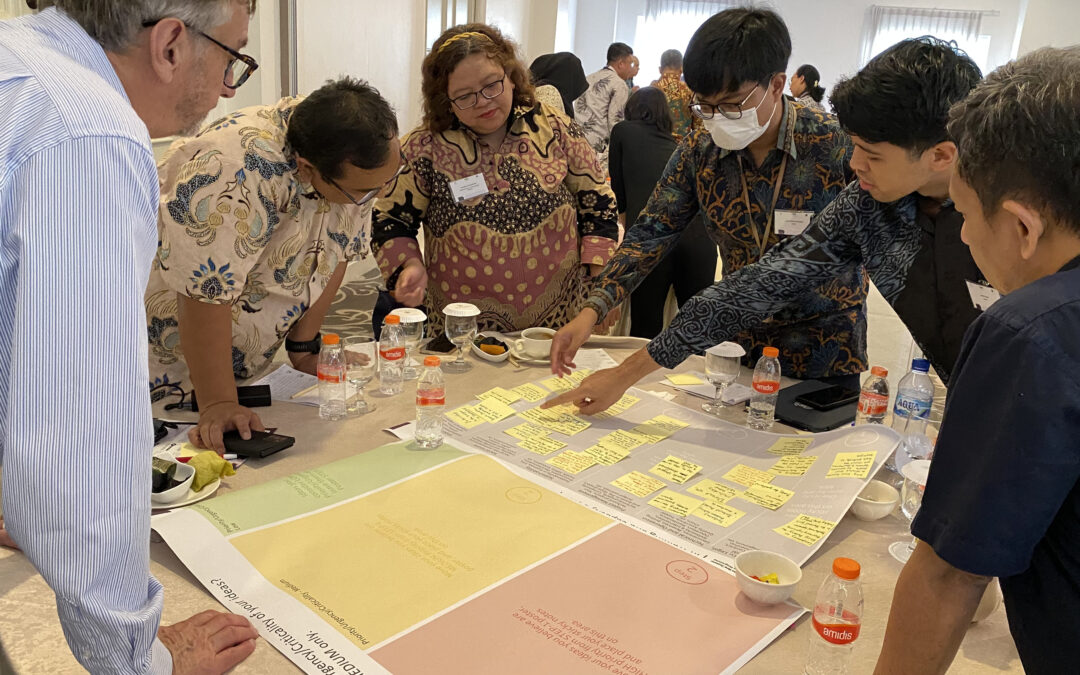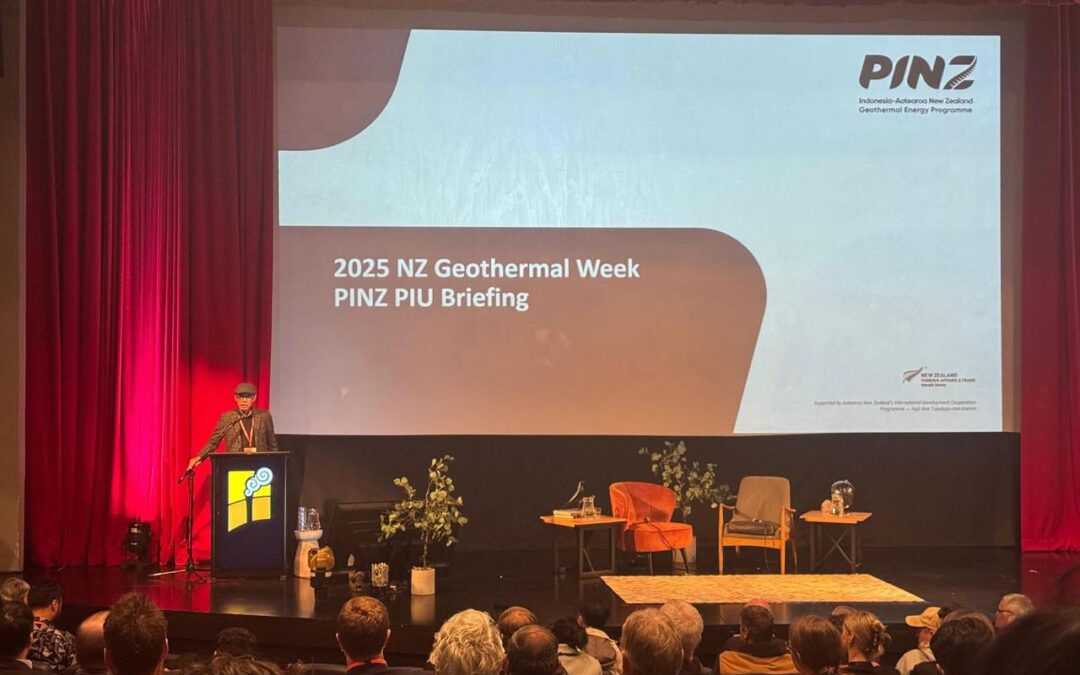Geothermal energy remains a promising pathway for clean and renewable energy development, particularly in Indonesia, which boasts the second largest geothermal potential in the world. The Indonesian government targets to harness up to 5,799 megawatts (MW) of geothermal energy by 2030 and develop 17.6 gigawatts (GW) of geothermal energy by 2050, which represents 59 percent Indonesia’s geothermal resources (National Energy General Plan).
The geothermal sector has the potential to significantly benefit local communities, including women’s groups. For instance, the direct utilization of geothermal heat for coffee drying at the Kamojang geothermal site in West Java has demonstrated tangible benefits. However, challenges remain in fully engaging women and marginalized groups in all phases of geothermal development projects. Access and opportunities for these groups are still limited. To foster equitable development, it is crucial to prioritize their inclusion so that everyone can share in the benefits of this renewable resource.
Social and Gender Inclusion in Geothermal Development
Geothermal development often faces hurdles related to licensing, environmental sustainability, and community concerns about local livelihoods. Women, as primary caretakers, frequently express specific worries about how geothermal projects might impact vital water resources. Therefore, it’s essential that geothermal initiatives not only focus on energy production but also prioritize environmental preservation and community empowerment. Meaningful participation from all stakeholders in the geothermal utilization process is vital for achieving these goals.
PINZ Promotes Gender Equity and Social Inclusion in Geothermal Development
The Indonesia-Aotearoa New Zealand Geothermal Energy Programme (PINZ) encourages a more inclusive approach to geothermal utilisation in Indonesia. Through its Gender Equity and Social Inclusion (GSI) mainstreaming strategy, PINZ focuses on enhancing women’s leadership, establishing gender-responsive policies, empowering women economically, ensuring equitable access for marginalised groups, and integrating GSI into PINZ operations.
PINZ embraces a programmatic approach to GSI in its geothermal initiatives. Rather than focusing on one-off activities, PINZ aims to integrate its GSI strategies into all phases of programmes from planning to monitoring. This commitment underscores the importance of achieving long-lasting impact over short-term results, reflecting the enduring quality of New Zealand’s support for Indonesia’s geothermal sector. Key interventions include increasing female training participation, providing women’s support, and developing gender-sensitive initiatives. By drawing on best practices from Indonesia and valuable experiences from New Zealand, PINZ is paving the way for a more inclusive and sustainable future in geothermal development.
Engagement Strategies
Engagement strategies involve regular consultations, joint workshops, policy development collaboration, data sharing and analysis, GSI-sensitive project design, capacity building for State-Owned Enterprises (SOEs), outcome monitoring, industry forum engagement, GSI-sensitive business practices, and promoting women’s leadership. Additionally, the strategies also include partnerships for developing GSI-inclusive curricula and training, supporting scholarships and mentorship for women and marginalized groups, and collaborating on research and knowledge dissemination in the geothermal sector.
Implementing a robust GSI mainstreaming strategy is essential not only for fostering gender equity and social inclusion but also for enhancing the overall effectiveness and sustainability of Indonesia’s geothermal sector. By amplifying diverse voices, we can build a more equitable and resilient sector that benefits everyone.
Gender Equity and Social Inclusion in PINZ
PINZ has mainstreamed gender equality and social inclusion in its project management teams. PINZ has at least as many women as men in its management team and program specialists. These efforts are carried out in all components and activities delivered by PINZ, from planning to implementation.
Future PINZ activities will focus on mainstreaming the Gender Equity and Social Inclusion (GSI) approach by actively encouraging greater participation from women and other marginalized groups. Additionally, PINZ will advocate for the integration of gender equality and social inclusion into the geothermal policies and planning support it provides to its partners. Through targeted interventions, PINZ aims to advance gender equality and social inclusion within Indonesia’s geothermal sector.
